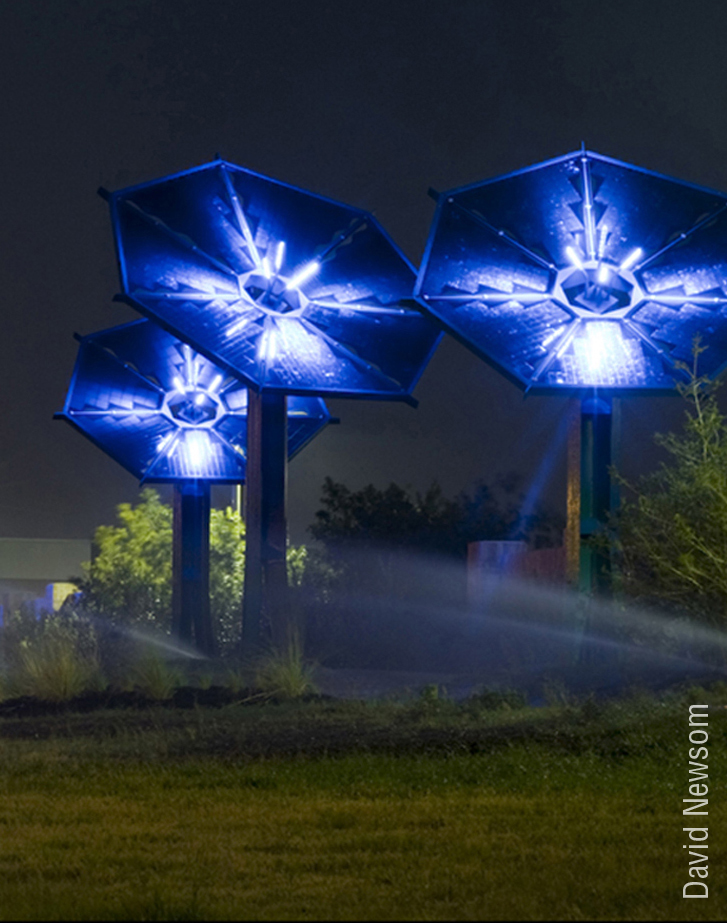Traditional Knowledge Drives Thoughtful Planning
The Akwesasne Mohawks are a vibrant community of Native American families living along the St. Lawrence River astride the U.S. and Canadian border. Their culture, embodied in their oft-recited Thanksgiving Address, recognizes their “duty to live in balance and harmony with each other and all living things” and to pass on traditional knowledge to future generations.
Central to this culture – and a source of both livelihood and pride – is an ornate, distinctive and internationally renowned style of basketmaking. Akwesasne artists skillfully manipulate wood splints into intricate designs: pointed curlicues contrast with smooth plaiting interwoven with fragrant sweetgrass. The elegant baskets appear in the collection of many museums, including the Smithsonian American Art Museum. The baskets also commemorate significant events: Archbishop Pedro Lopez, the Vatican’s representative to Canada, selected one basket to be given to the Pope in 2012 upon the canonization of Mohawk Kateri Tekakwitha, the first Native American recognized as a saint.

The sophisticated Akwesasne designs rely on the strong, yet flexible, wood of the black ash tree. But pollution, overharvesting, habitat destruction and development have greatly diminished black ash populations. Now a warming climate favors the spread of the emerald ash borer, an invasive Asian beetle which threatens to eradicate remaining ash trees.
Guided by tribal elders, the Akwesasne people are coordinating a multi-pronged effort to detect infestation, delay its progress, and protect the community’s remaining ash trees. Three principles rooted in traditional Akwesasne culture guide this project:
- Respect and include all stakeholders – scientists, basketmakers, nonprofit organizations, community members, and government agencies – at every phase of the project, from design through execution,
- Address both short- and long-term solutions, from early detection/rapid response through forest regeneration, and
- Value the community’s traditional knowledge.
In the traditional Akwesasne Thanksgiving Address, the people acknowledge each gift of creation and recognize its unique contribution to the cycles of life. Each expression of gratitude ends with the words, “Now our minds are one.” The Akwesasne appreciation for unity based on respect, long-term thinking, and gratitude for creation provides a valuable model for communities striving for climate resiliency.
Read more about the Akwesasne basketmakers’ work here.


